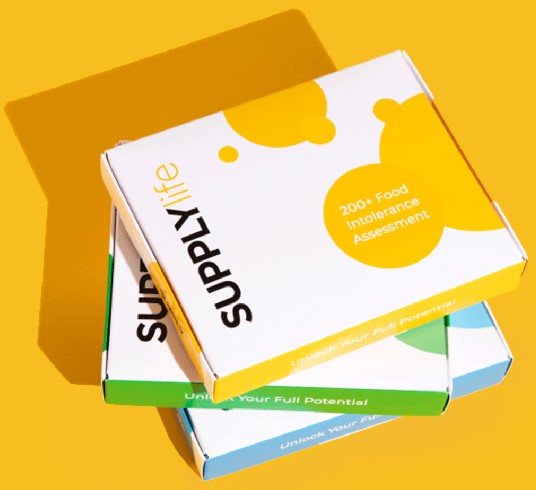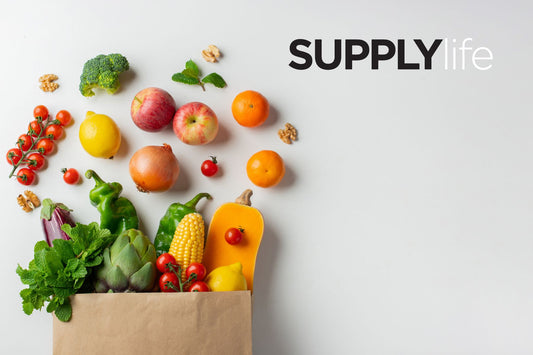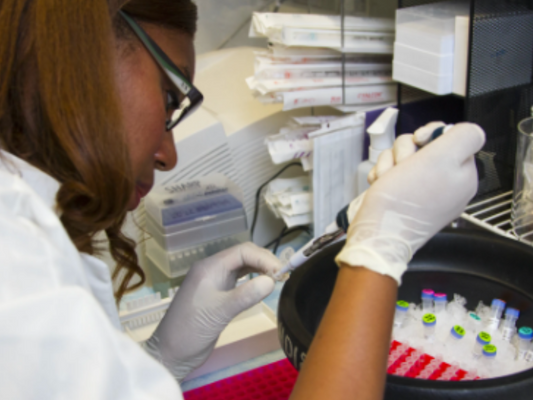Easter is a time of celebration, family gatherings, and, of course, plenty of sweet treats. However, for those with lactose intolerance, navigating the sea of dairy-laden Easter eggs, cakes, and other snacks can be a challenge. But fear not! With a bit of planning and creativity, you can fully enjoy the festivities without compromising on taste or tradition. Here's how:
Understanding Lactose Intolerance
First, let's briefly touch on what lactose intolerance is. It's a common digestive problem where the body is unable to digest lactose, a type of sugar mainly found in milk and dairy products.
This can lead to symptoms such as bloating, cramps, and nausea. Knowing the extent of your sensitivity is crucial, as some can tolerate small amounts of lactose, while others may need to avoid it completely. If you think you may be intolerant to Lactose, take a home food intolerance test to be sure!
Easter Eggs and Dairy
Traditional chocolate Easter eggs are often filled with dairy. Milk chocolate, the most common variety for Easter treats, includes milk solids, which are problematic for those with lactose intolerance. Even many dark chocolates, which might seem safe at first glance, can contain milk products, so it's essential to read labels carefully.
Navigating Easter with Lactose Intolerance
1. Look for Dairy-Free Alternatives: Many brands now offer delicious dairy-free Easter eggs made with alternatives like almond milk, rice milk, or even dark chocolate that's certified dairy-free. Health food stores and online retailers are great places to look for these options.
2. Read Labels Carefully: When buying any Easter treats, always read the ingredients list. Look out for milk, milk solids, whey, and butterfat, which indicate the presence of lactose.
3. Homemade Treats: Consider making your own Easter snacks. There are plenty of dairy-free recipes online for everything from chocolate eggs to cakes and cookies. Using substitutes like coconut oil, almond milk, and dairy-free chocolate can yield delicious results that everyone can enjoy. Also, read our guide to food prep with lactose intolerance.
4. Be Mindful of Non-Chocolate Items: It's not just chocolate that can be a problem. Many baked goods and other Easter treats might contain butter, cream, or milk. Opt for recipes that use lactose-free alternatives, or shop for vegan products, which are inherently dairy-free.
5. Communicate with Hosts: If you're attending an Easter gathering, don't hesitate to communicate your dietary needs with the host. Most people are more than willing to accommodate guests with food intolerances.
6. Bring Your Own Snacks: When in doubt, bring your own lactose-free snacks to Easter gatherings. This ensures you'll have something safe to enjoy, and it might also introduce others to the joys of dairy-free treats!
7. Focus on Non-Food Traditions: Easter isn't just about eating. Crafts, egg painting, and outdoor activities can all be part of the celebration without involving food at all.
8. Supplements: For those who can tolerate small amounts of lactose, lactase enzyme supplements can be a helpful aid in digesting dairy products. However, this may not be suitable for everyone.






